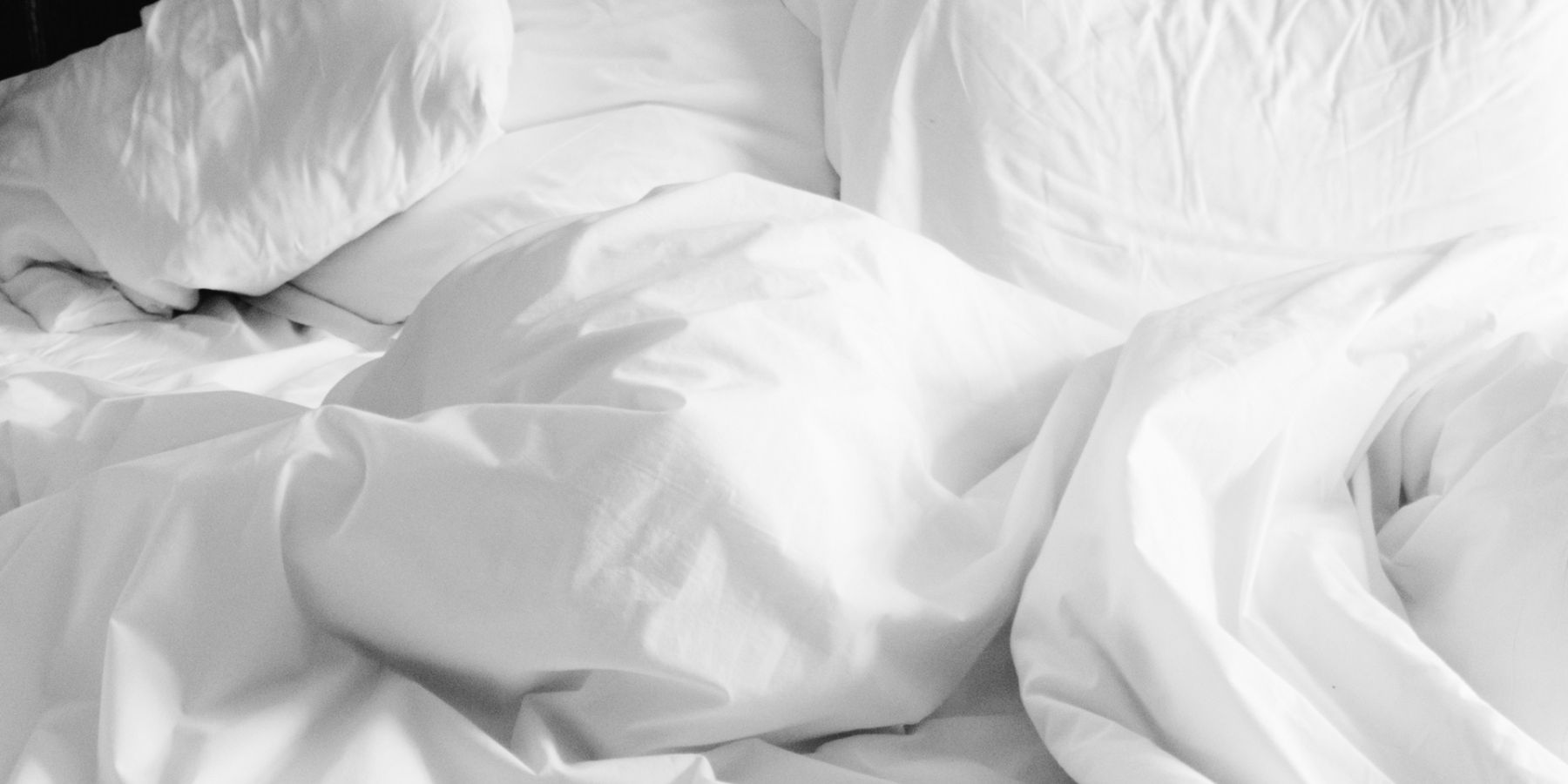
Sleep Hygiene
"Look at the birds of the air; they do not sow, reap or store away in barns, and yet your heavenly Father feeds them. Are you not much more valuable than they?"
Holistic Approach to Sleep
Spiritual Self-Care
Prayer, scripture, worship music, and reading God's Word can help you develop a different perspective on suffering, giving you purpose for your pain.
Psychological Self-Care
Counseling can help you process the complexities of a sleep disorder and provide additional coping skills.
Social Self-Care
Support groups or group therapy can connect you with others experiencing similar struggles and can be a source of comfort, a sense of belonging, and feeling understood.
Physical Self-Care
- Establish a daily sleep and wake schedule.
- Exercise regularly, but not right before bedtime.
- Avoid long naps during the day.
- Finish eating at least 2-3 hours before going to sleep.
- Avoid caffeine for at least 6 hours before sleeping.
- Establish a relaxing bedtime routine before bed, such as praying, reading scripture, taking a warm bath or shower, aromatherapy, reading, or listening to soothing music.
- Sleep in a room that is dark, quiet, comfortable, and cool.
- Avoid bright lights, including television, computers, and phones, before going to sleep.
- Use your bed only for sleep, not eating, doing homework, or browsing the Internet.
"Carry one another's burdens, and in this way, you will fulfill the law of Christ."
Sleep is crucial for mental health because it plays a significant role in various aspects of brain function and emotional well-being.
Potential Effects on Mental Health
- Emotional regulation
- Mood
- Depression
- Anxiety
- Attention and concentration
- Psychological resilience
- Increased irritability
- Stress response
If sleep your life, and you would like to talk to someone, contact the CBU Counseling Center. We are honored to come alongside you and help you process your struggles with a Christ-centered therapy approach.

